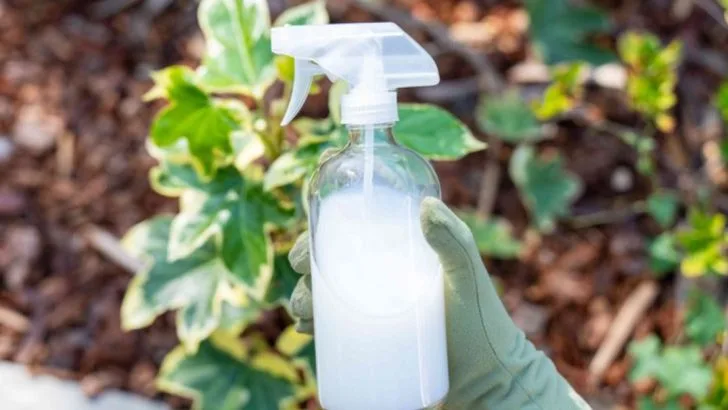Using milk in your garden might sound unusual, but this everyday ingredient offers surprising benefits for plants, soil, and even pest control. Packed with calcium, proteins, and natural enzymes, milk can help strengthen plant cell walls, improve growth, and prevent diseases.
Many gardeners swear by milk as a natural remedy for fungal issues, such as powdery mildew, while others use it to boost soil health and nourish beneficial microbes. Plus, it can act as a gentle fertilizer that supports healthier, more productive plants without the need for harsh chemicals.
Whether you’re looking to revive struggling plants, deter pests, or enrich your compost, incorporating milk into your gardening routine is an easy, budget-friendly solution with powerful results.
Fungal Disease Combatant
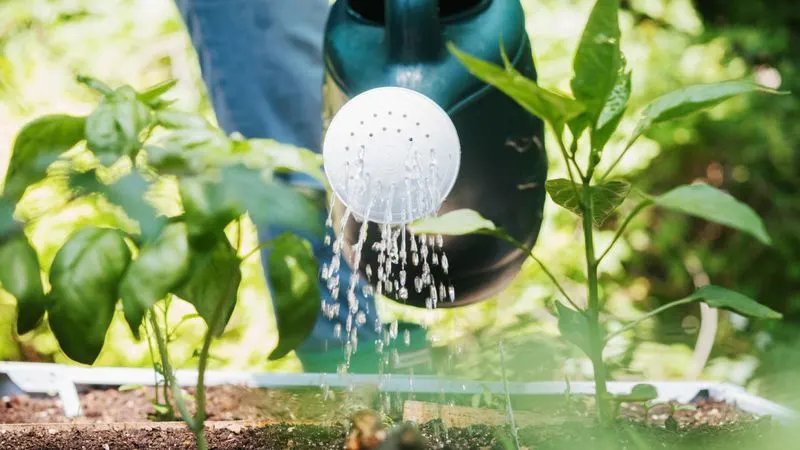
Fungal diseases can wreak havoc on your garden, leaving plants wilting and lifeless. A milk solution offers a natural remedy, leveraging its antifungal properties. Diluted milk can be sprayed on plants to reduce powdery mildew and other fungal issues, effectively curbing their spread. The enzymatic action in milk disrupts the growth of fungi, allowing your plants to breathe easy. Applying this solution weekly ensures a healthy, vibrant garden, free from unsightly fungal spots. Embrace this simple yet powerful method to keep your flora flourishing and disease-free.
Pest Deterrent
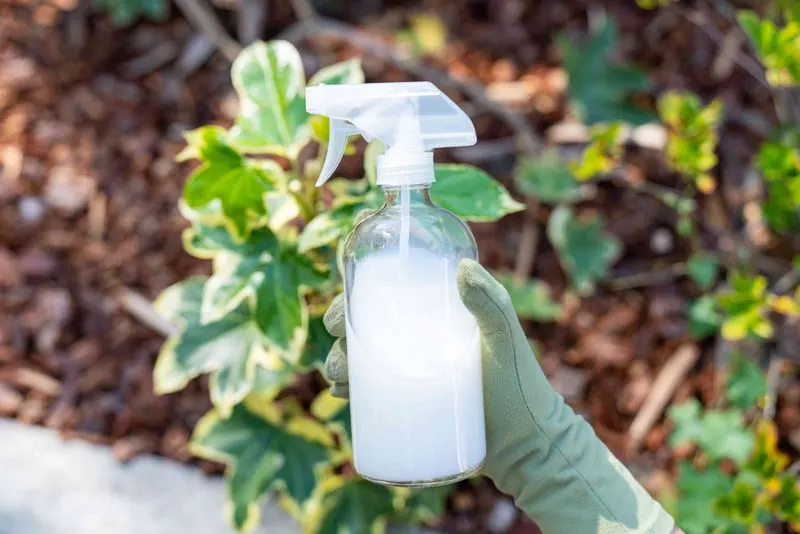
Pests can be a gardener’s nightmare, munching away at leaves and blooms. Milk acts as a natural pest deterrent, helping to keep unwanted insects at bay. The lactic acid in milk creates an inhospitable environment for pests, driving them away. By spraying a milk mixture onto plant leaves, you can protect your garden from aphids, spider mites, and other nuisances. This organic method not only saves money but also avoids the use of harsh chemicals, promoting a healthy ecosystem. Enjoy watching your plants grow pest-free with this simple solution.
Soil Enricher
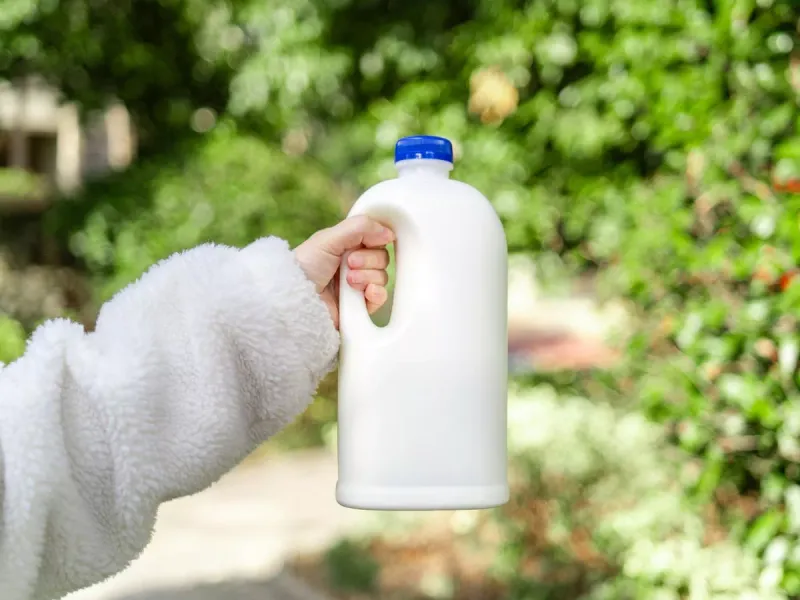
Healthy soil is the foundation of any thriving garden, and milk can enhance its nutrient profile. When added to soil, milk acts as a fertilizer, enriching it with calcium, vitamins, and proteins. These nutrients promote stronger root development and improve plant vitality. The probiotics in milk also aid in breaking down organic matter, enhancing soil structure. Regularly incorporating milk into your garden beds creates a fertile environment, ensuring robust plant growth. Experience the transformation of poor soil into a nutrient-rich haven for your plants.
Leaf Shine Enhancer

Shiny, healthy leaves are a sign of well-cared-for plants. Milk can be used to enhance the appearance of plant leaves, giving them a glossy sheen. By wiping leaves with a milk-dipped cloth, dust and grime are removed, leaving a radiant surface. The proteins and fats in milk contribute to this shine, making your plants stand out. This simple technique not only improves aesthetics but also aids photosynthesis, as clean leaves absorb sunlight more efficiently. Transform your garden into a vibrant space with sparkling foliage.
Plant Growth Booster
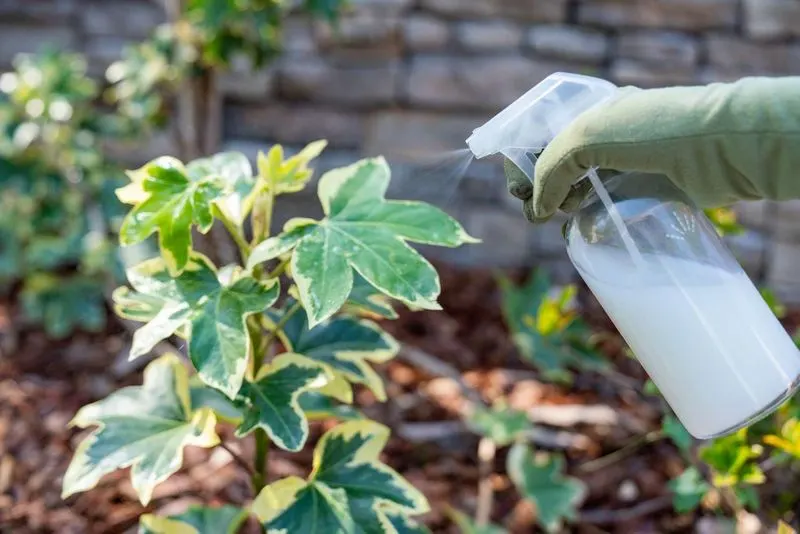
Promoting vigorous plant growth is every gardener’s goal. Milk serves as an effective growth booster due to its rich nutrient content. When diluted and used as a watering solution, milk provides essential nutrients like calcium and vitamins, vital for growth. These elements strengthen plant cell walls, enhancing resilience against environmental stresses. Incorporating milk into your watering routine fosters a lush, productive garden. Witness your plants reaching new heights and achieving robust health with this natural growth enhancer.
Beneficial Microbial Growth
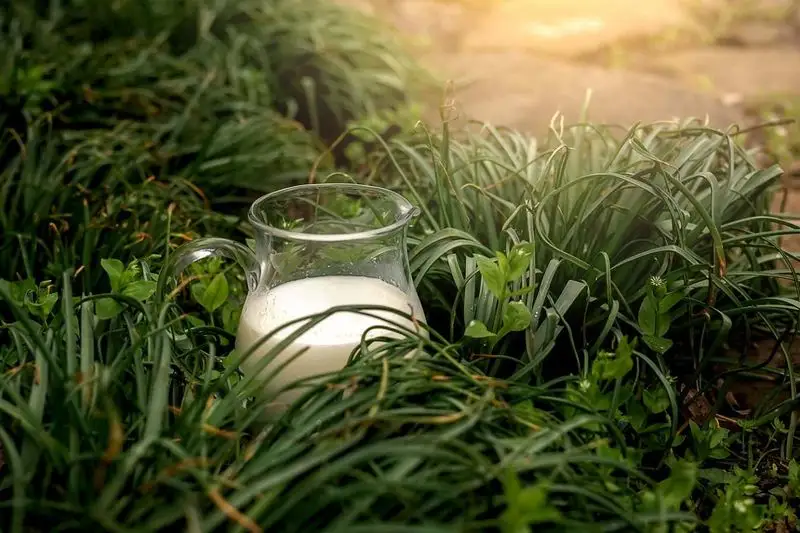
Beneficial microbes play a crucial role in garden health, aiding nutrient absorption and disease resistance. Milk can promote microbial activity, fostering a thriving soil ecosystem. The sugars and proteins in milk nourish these microorganisms, enhancing their ability to break down organic matter and release nutrients. Regular milk application encourages a balanced microbial community, vital for plant health and productivity. Support your soil’s microscopic allies and enjoy the benefits of a mutually beneficial relationship that promotes a healthier garden ecosystem.
Natural Fertilizer Alternative

Chemical fertilizers often come with environmental and health concerns. Milk, however, offers a natural alternative, supplying essential nutrients without harmful side effects. The proteins and sugars in milk nourish plants, boosting growth and yield. This eco-friendly fertilizer option reduces reliance on synthetic inputs, promoting sustainability. As milk decomposes, it enriches the soil, providing a steady nutrient release. Implementing milk as a fertilizer alternative supports healthy plant development and a greener environment. Choose this natural path for a bountiful and eco-conscious garden.
Seed Germination Enhancer
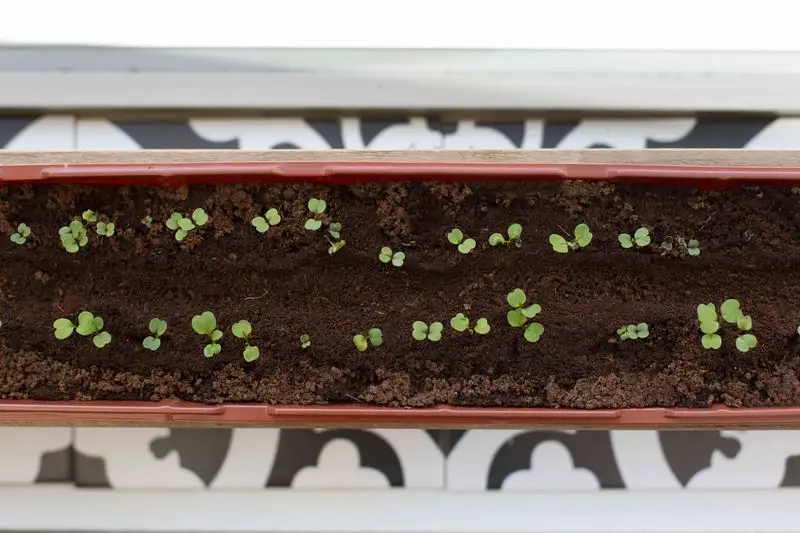
Achieving successful seed germination can be challenging, yet milk can improve this critical process. When seeds are soaked in a diluted milk solution, the beneficial enzymes and nutrients aid germination. The presence of calcium strengthens seed coats, ensuring successful sprout emergence. This method enhances seedling vigor, setting the stage for healthy growth. By integrating milk into your germination routine, you optimize conditions for seed success. Watch as your seeds spring to life, establishing a strong foundation for future plant development.
pH Balance Correction

Soil pH plays a vital role in nutrient availability and plant health. Milk can help correct pH imbalances, creating a more hospitable environment for plants. Its natural acidity can lower pH levels, particularly beneficial for acid-loving plants. Applying milk ensures that your garden soil maintains an optimal pH range, aiding nutrient uptake. This balanced environment supports vibrant plant growth and resilience. By using milk to adjust soil pH, you pave the way for healthier plants and a more productive garden.
Compost Accelerator
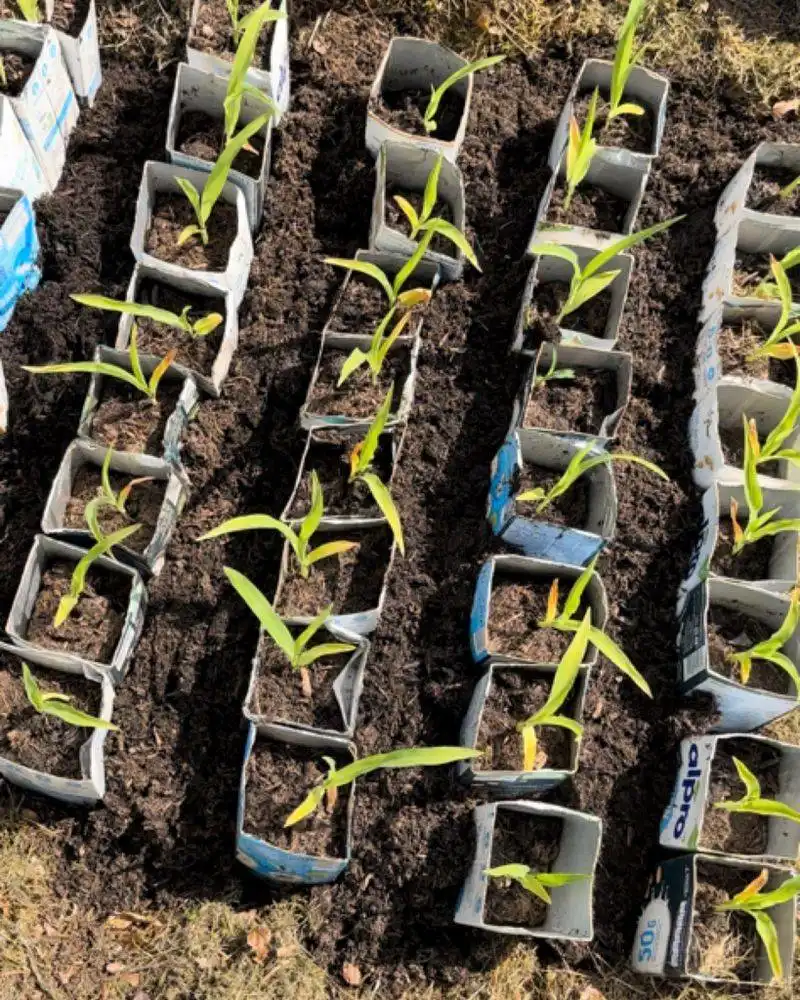
Composting is an invaluable practice in sustainable gardening, and milk can expedite the process. When added to compost, milk’s proteins and sugars fuel the decomposition of organic matter. This accelerates the breakdown of materials, leading to faster compost production. The enriched compost provides valuable nutrients, enhancing soil fertility. Integrating milk into your compost routine not only speeds up the process but also results in richer compost. Embrace this method to enjoy quicker, nutrient-dense compost that supports a thriving garden.
Cut Flower Preserver

Cut flowers bring beauty indoors, yet their lifespan can be fleeting. Milk serves as an effective preservative, extending the life of cut blooms. When added to vase water, milk provides nutrients that flowers can absorb, reducing wilting. The sugars in milk nourish cut stems, maintaining vibrancy. This simple addition to your flower care routine ensures a longer-lasting display. Delight in fresh, lively blooms adorning your home, thanks to this natural preservative. Invite the charm of your garden inside with flourishing flowers.

